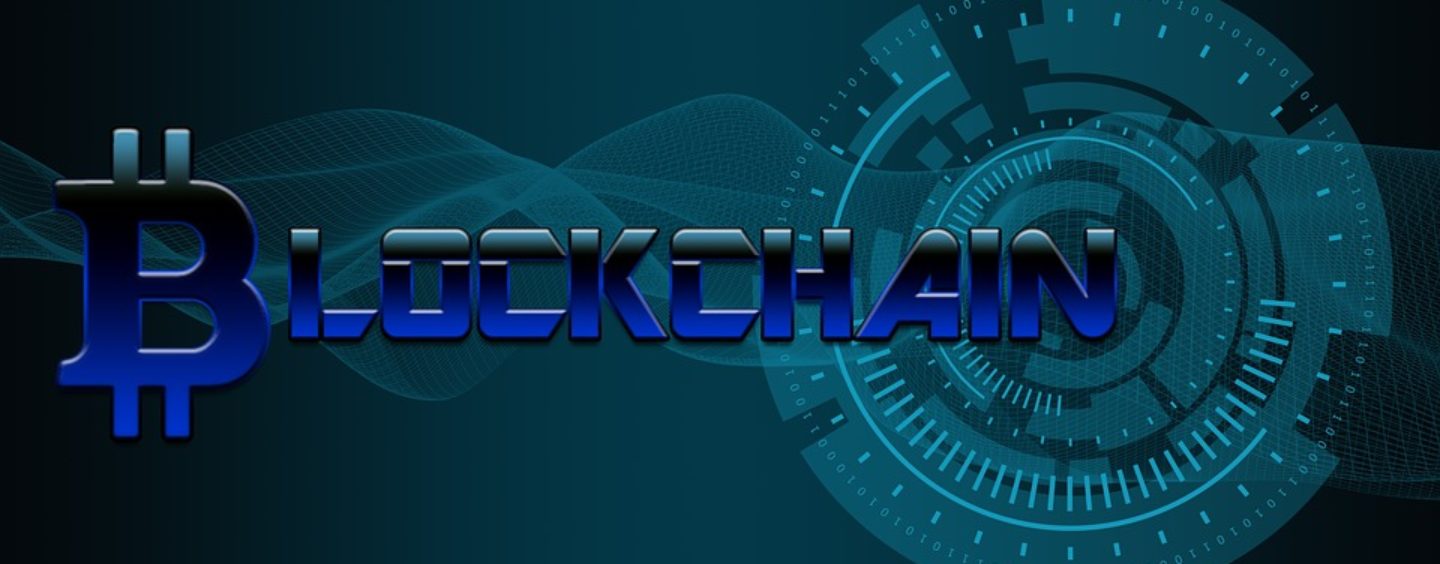Am Donnerstag, 21. Juni 2018 fand an der Universität Liechtenstein eine Information über das geplante “Blockchain-Gesetz” statt.
Im vollständig ausgebuchten Auditorium stellte Regierungschef Adrian Hasler nach einer Begrüssung von Nicolas Raschauer die politische Vision und die Zielsetzungen hinter dem Blockchain-Gesetz im Rahmen einer Key-Note vor:
“Es ist mein Ziel, die Entwicklung der Blockchain-Ökonomie durch gute staatliche Rahmenbedingungen zu unterstützen.
Ich bin überzeugt, dass sich das volle Potential der Blockchain nur dann ausschöpfen lässt, wenn die Nutzer und die Dienstleister die nötige Rechtssicherheit erhalten, um Vermögensobjekte digital kaufen und verkaufen zu können.
Deshalb muss man die Regeln, auf denen unser Wirtschafts- und Rechtssystem aufbaut, auch auf die Token-Ökonomie übertragen.”
Danach führte Peter Schnürer in das Thema Blockchain und Token Ökonomie ein. Thomas Dünser informierte anschliessend über die Eckpunkte und die Zielsetzungen des geplanten Gesetzes welches im Sommer 2018 in die öffentliche Vernehmlassung geschickt wird.
Im Rahmen einer Panel-Diskussion – moderiert von Doris Quaderer – erörterten Vertreter von Finanzplatz und Blockchain-Ökosystem in Liechtenstein die Chancen und Risiken der Token Ökonomie. An der Diskussion nahmen Edi Wögerer, Thomas Nägele, Thomas Nigg und Yanislav Malahov teil. Abschliessend stellte Johann Gevers seine Vision der Token Ökonomie vor.
Vorgestelltes Bild über Pixabay







